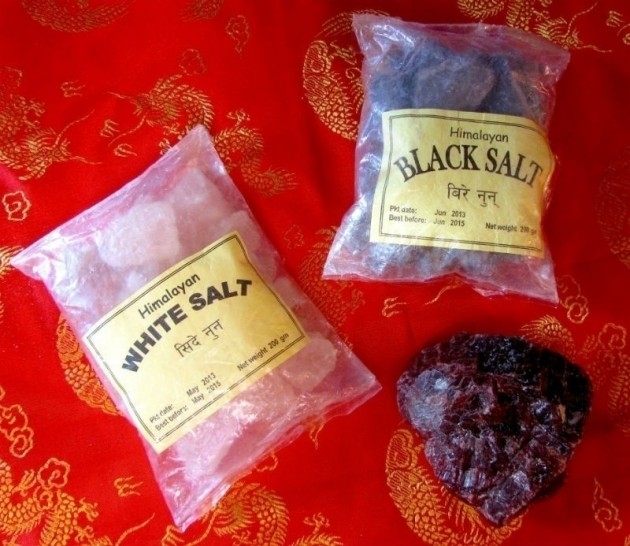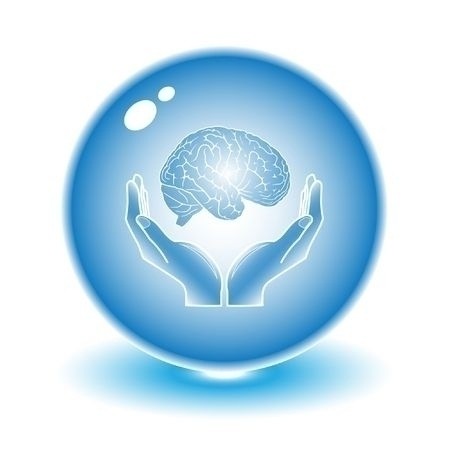The cause is degeneration of the fibers of the annulus fibrosus, or trauma of the area leading to the rupture of the annulus. Rupture usually occurs at middle age or older. Then, the normal pressure that exists in the spine forces the nucleus pulposus through the rupture, which typically occurs in the posterior or posterolateral aspect of the disc. The most frequently affected discs are between the 4th lumbar and 5th lumbar and between the 5th lumbar and the first sacral vertebrae. The other lumbar discs rupture less commonly. The thoracics are rarely affected, but herniation also occurs between the 5th and 6th cervical and 6th and 7th cervical vertebrae. Symptoms of the rupture occur when the nucleus pulposus compresses a nerve root, usually unilaterally, but bilateral compression may result if the lesion was large enough.
Prognosis is good with proper treatment. Recurrence is possible if the patient is not instructed how to prevent similar future injury (lift with knees bent, not with the back; don't lift and twist, etc.).
Symptoms
History of trauma; lifting a heavy object; a lift and twist maneuver; sudden pain which may often be severe and debilitating; pain is worse with movement, flexion of the trunk or hip, sneezing/coughing/straining at stool; radicular pain, paraesthesia, decreased DTRs; muscles innervated by the compressed nerve may fasciculate, become weak and atrophy, twitch, or spasm; (+) straight leg raise and other musculoskeletal confirming tests; urine retention
or incontinence from loss of bladder control (this is a medical emergency).
Nutrients Involved
Bioflavonoids, vitamin C, vitamin E
Suggested Nutritional Supplementation
- Chondro-Relief Intensive Care - 3-6 capsules daily with food.
Joint & soft tissue support with MSM, Green Lipped Mussel, Hyaluronic Acid and ASU.
- Inflavonoid Intensive Care - 3-9 tablets daily with meals.
For relief of minor pain.
- E-Complex 1:1 - 2-4 softgels daily.
1:1 ratio of alpha and gamma tocopheryls.
Dietary Suggestions
FirstLine Therapy® Diet






